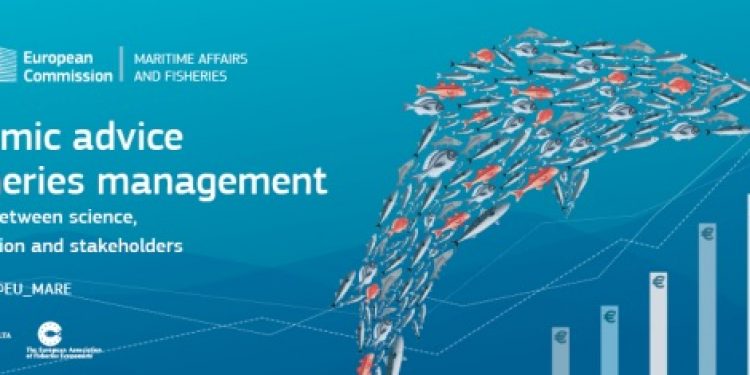A conference organised by the European Association of Fisheries Economists (EAFE) and with EU Fisheries Commissioner Karmenu Vella in attendance, is due to take place in Malta on the 4th and 5th of February.
Slated to anticipate changes in fisheries policy in the medium term, the conference purports to represent a trialogue between science, government and stakeholders, but French fisheries NGO Pêche et Développement (P&D) has pointed out that those stakeholders represented at the conference will be the big hitters of the catching and processing side of the industry, along with heavyweight NGOs such as the Environmental Defence Fund (EDF).
P&D asks where the small-scale fishermen who are the majority of fishing activity in the EU are represented in this gathering, as well as commenting that the large numbers of women working in the fishing sector will be unrepresented.
‘The recent CFP reform was focused on environmental angles and the theory of MSY. We know that this highly rigid approach is questionable and is also hardly satisfactory to the economists who are determined to promote an approach to fisheries based on maximum returns,’ said P&D.
‘The aim is to reduce management costs to the fishermen, primarily by reducing the number of fishermen and attempts to promote this approach are already in progress in Australia. This is the model already implemented in the USA and championed by NGOs such as EDF.’
According to P&D, the Malta conference has been organised as a platform for these neo-liberal economists to promote their vision for the fishing industry, along with those who are the main cheerleaders for ITQs in Iceland, a management regime that remains deeply controversial there.
‘We can see that EDF, a prominent American NGO, is deeply committed to influencing EU fisheries policy along the lines of what has already been done in the US,’ comments P&D.









